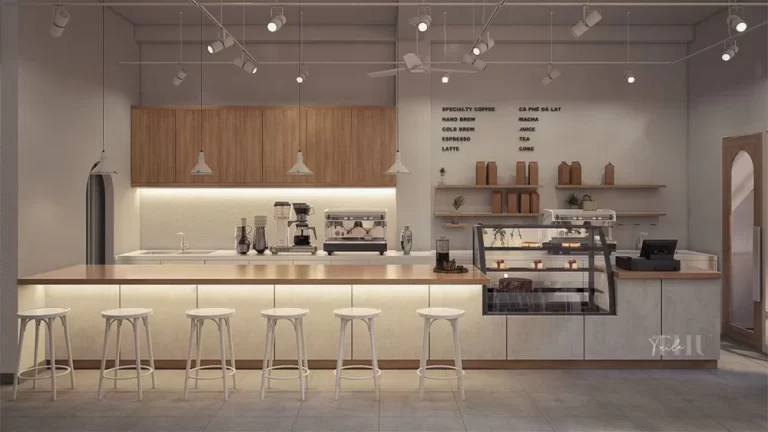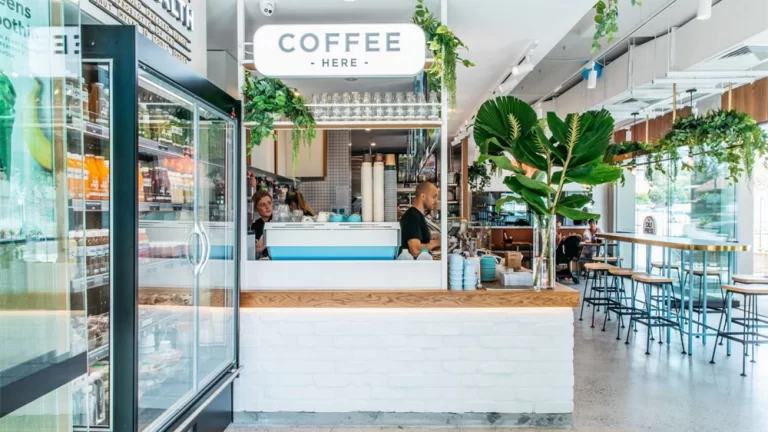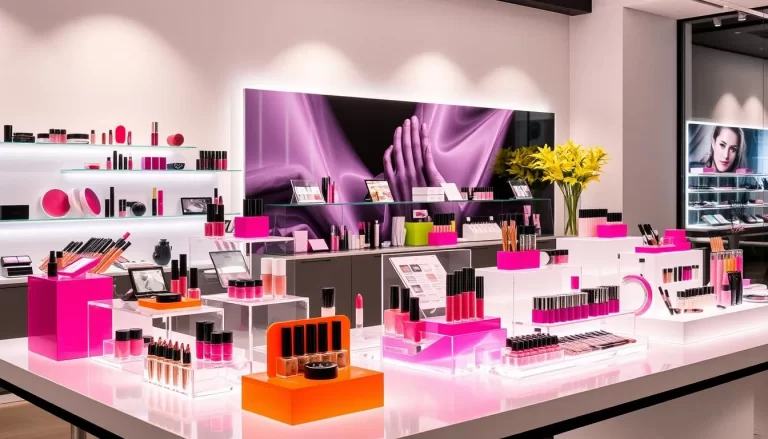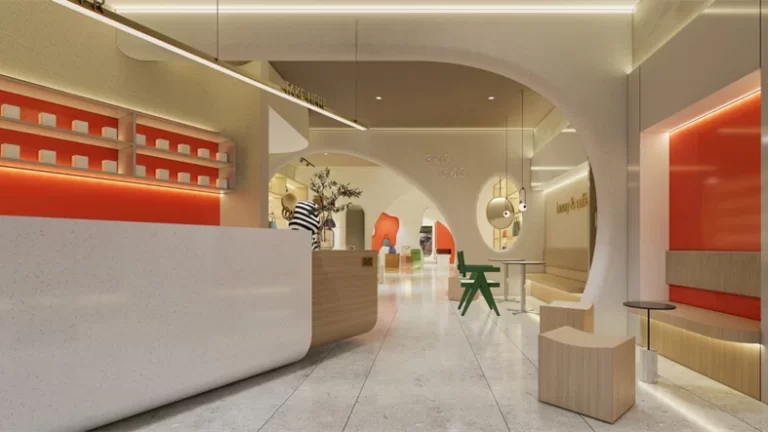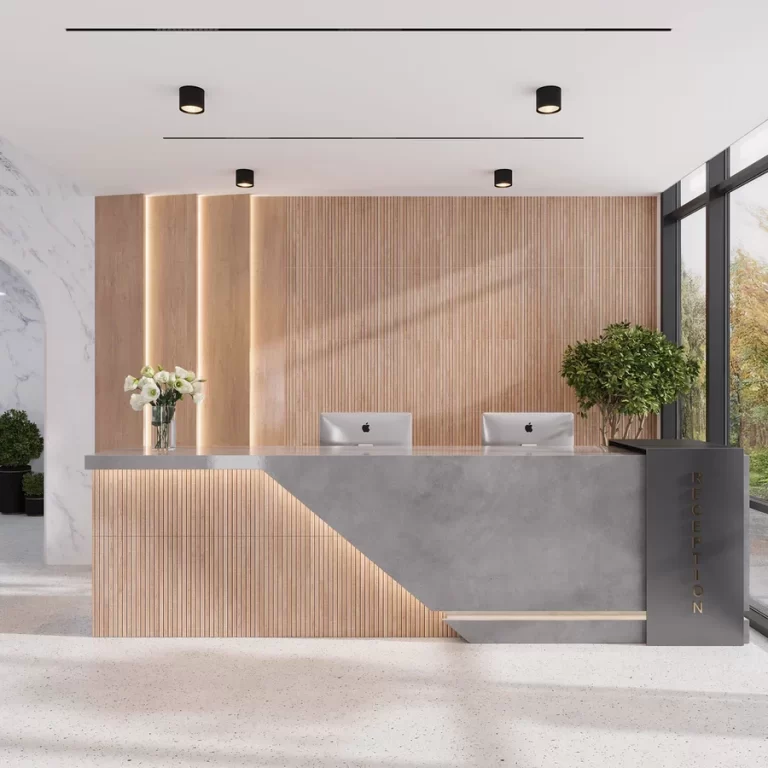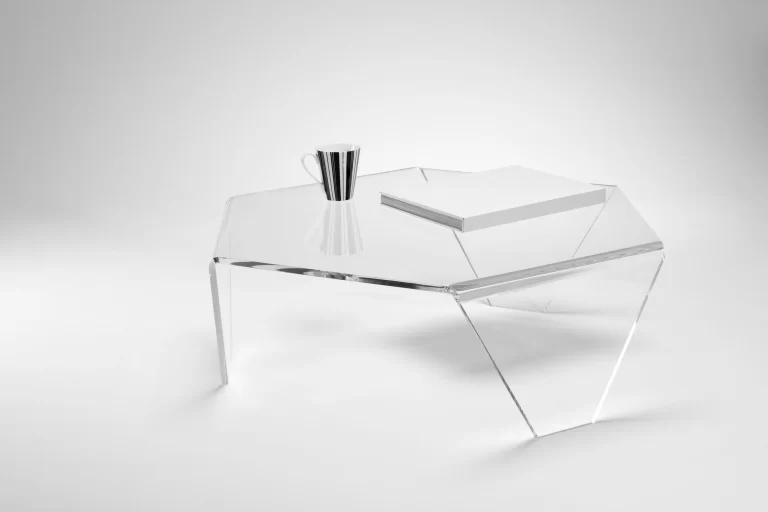How Custom Displays Revolutionize Sunglasses Retail Profitability
In the $18.3 billion U.S. eyewear market, sunglasses account for 42% of total sales. Yet 68% of retailers still use generic displays that fail to capitalize on seasonal trends or brand storytelling. This guide explores how partnering with a custom sunglasses display supplier can transform retail performance through strategic design, compliance, and customer psychology.
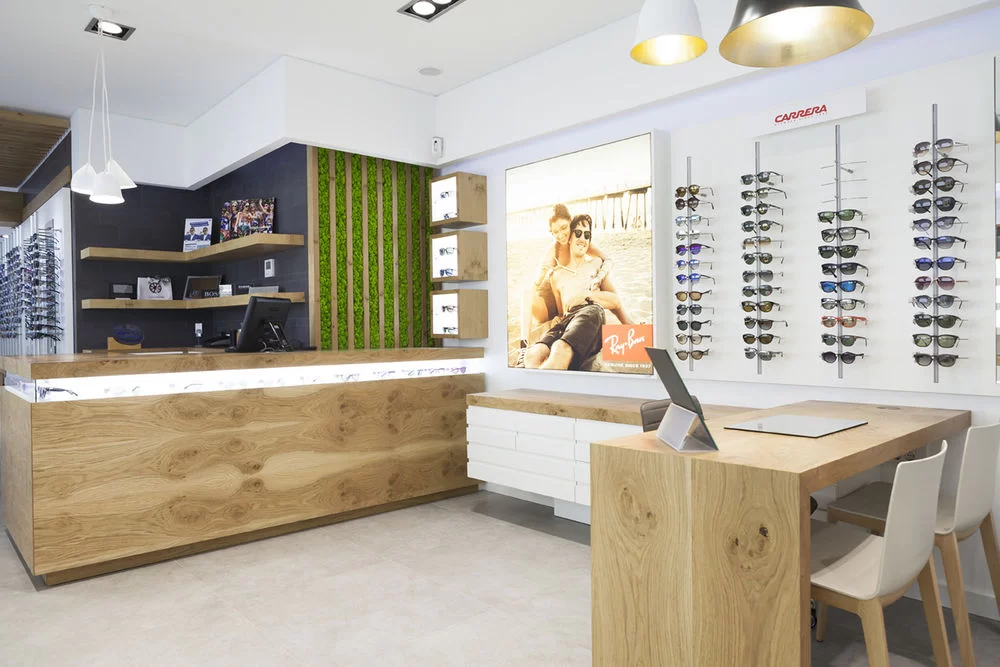
Why Custom Displays Are Non-Negotiable for Sunglasses Retail
1. Brand Differentiation in a Crowded Market
U.S. consumers encounter 4,000+ marketing messages daily. Custom displays cut through the noise by:
- Storytelling: Polarized lens demo units increased Oakley’s in-store engagement by 55%.
- Seasonal Agility: Modular designs allow quick swaps for summer collections or holiday promotions.
- Tech Integration: QR codes linking to UV protection tutorials boosted Ray-Ban’s post-purchase engagement by 30%.
2. Compliance Avoids Costly Penalties
U.S. regulations demand precision:
- FDA 21 CFR: For displays contacting skin (e.g., nose pads).
- CPSC Standards: Impact-resistant materials for children’s eyewear.
- ADA Compliance: Accessible height (28″-34″) for wheelchair users.
Key Takeaway: 23% of imported displays fail FDA material checks annually. Always request compliance certificates.
Design Elements That Drive Sales
1. Material Innovation
| Material | Best For | Cost/Unit |
|---|---|---|
| Recycled Acrylic | Eco-conscious brands | 45 |
| FSC-Certified Walnut | Luxury boutiques | 200 |
| Anti-Microbial Silicone | Sports/Performance eyewear | 90 |
Source: 2024 NRF Retail Display Cost Survey
2. Interactive Features
- Try-On AR Mirrors: Warby Parker saw 22% higher conversion rates with virtual try-ons.
- Lighting Psychology: 4500K LED lighting (matching daylight) reduces returns by 18%.
- Modular Trays: 67% of retailers report easier inventory management with swappable compartments.
Choosing the Right Custom Sunglasses Display Supplier
After analyzing 150+ U.S. retailers, these criteria matter most:
✅ Design Expertise
- Portfolio alignment (luxury vs. budget brands)
- 3D prototyping capabilities
- Material certifications (FDA, FSC, Prop 65)
✅ Scalability & MOQ Flexibility
- Minimum orders as low as 50 units for startups
- Hybrid designs serving dual purposes (e.g., shipping + display)
✅ Sustainability Practices
- Plant-based polymers reduce costs by $12/unit vs. traditional plastics
- Carbon-neutral shipping from U.S. warehouses
Cost-Benefit Analysis: Custom vs. Generic
| Metric | Custom Displays | Generic Displays |
|---|---|---|
| Average Order Value | $89 | $62 |
| Customer Dwell Time | 2.3 minutes | 0.9 minutes |
| Seasonal Change Cost | $120/display | $350/display |
| Compliance Fines Risk | 0.2% | 8.7% |
Data: 2024 Eyewear Retail Analytics Report
FAQs: Answering Retailers’ Top Concerns
Q1: How much do custom sunglasses displays cost?
- Basic Acrylic Trays: 80/unit
- Luxury Wood/Metal Units: 400/unit
- Tech-Enhanced Displays: $600+ (e.g., AR mirrors)
Q2: What’s the production timeline?
- Prototyping: 2–3 weeks
- Bulk Production: 6–8 weeks
- U.S. Shipping: 1–2 weeks
Q3: Can displays be ADA-compliant and stylish?
Yes! Brands like Costa Sunglasses use height-adjustable walnut stands meeting accessibility standards.
Conclusion: The Future of Sunglasses Retail
Custom displays aren’t just fixtures—they’re profit multipliers. By combining FDA-compliant materials, modular designs, and immersive tech, U.S. retailers can achieve:
- 19–35% higher margins
- 50% faster seasonal rollouts
- 90% reduction in compliance risks

